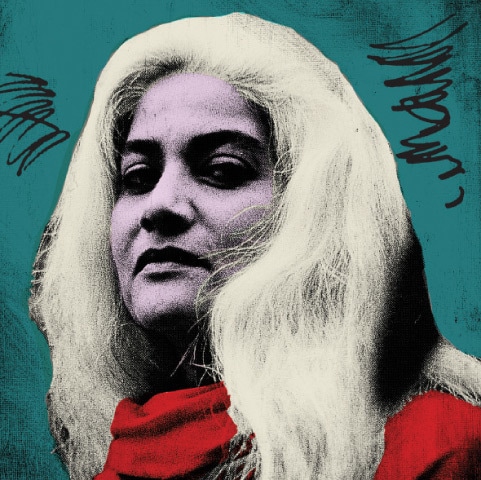
The cult of individualism can be traced to the emergence of humanism as a political concept in Europe. Individualism should not be confused with individuality. Individuality is the understanding of who we are, our likes, dislikes, desires and fears. Individualism is a stance that puts our personal needs and ambitions above those of others and has become synonymous with personal freedom. Current examples would be the refusal, in some countries, to wear face masks to stop the spread of Covid-19.
Humanism has moved far away from the original Greek, humanior, meaning good-natured, amiable and kindly. Since Roman times, the cultivation of these qualities became associated with a liberal education, still called the humanities. However, in Europe, humanism became a political concept aligned with secularism, as a reaction to the collective trauma experienced in previous centuries, of cruel inquisitions, persecutions and religious wars, generated by rigid religious authority.
The intention of secularism was to allow multiple points of view and lifestyles to co-exist in the nation state. Ironically, secularism created its own intolerance of societies that chose to remain deeply connected with their religious beliefs. One could argue, it has justified the colonial enterprise to “modernise” captive states, to overthrow governments in order to establish secular democracies, and to urge the world to adopt European lifestyles.
The possibility of mass production of commodities as industrialisation developed fitted in nicely with the political aim to create a uniform world with similar tastes, desires and lifestyles. Rob Walker uses the term ‘mass-produced individuality’. A prescribed set of possibilities are presented by consumer goods to create the illusion of individuality. Housing and interior design, the fashion industry, cinema, music labels, social media, Google search engines, educational curricula, are all “directed” in overt or subtle ways.
Mass production is profitable only if, for example, people are urged to adapt their bodies to off-the-peg clothing sizes, or the layout of kitchens is determined by prescribed mass-produced tile sizes and cabinets and these tastes are spread across the world to all potential markets.
Urban living brings people of many communities together. They are identified by the town or city they live in — a melting pot where differences are intended to be combined into a homogeneous urban culture as planned by urban developers. Individuality emerges, to some extent, in subcultures defined by class, ethnicity or religion, or are expressed within the home and small social circles.
In order to organise human societies, reflect on the past or plan for the future, it has always been necessary to classify nature, races, historical eras, social classes, art movements and countries. These broad categories are important, yet it is also true that no two fingerprints are the same.
Jose L. Mercado sees the world heading towards “an existence void of individuality” as we become more dependent on “rapid technological developments in the economic and political arenas, (and) the human race becomes less able to choose individually.”
Fortunately, Pakistan has only dipped its feet in modernisation. From village to city, clothes are mostly stitched to size by neighbourhood tailors and people design and build their own houses, with on-site carpenters and masons. City dwellers turn localities into ethnically or religiously harmonious enclaves.
Small stores, tea shops, stalls, workshops and makeshift community centres counterbalance the generic apartment blocks and shopping malls filled with imported consumer items.
As Ben Thomas reminds us, “Individuality was once synonymous with that of the soul — a specific self, unique among all others.” Our individuality can grow and change every day, and we can actively shape our circumstances rather than be passively shaped by them.
Durriya Kazi is a Karachi-based artist and heads the department of visual studies at the University of Karachi Email: durriyakazi1918@gmail.com
Published in Dawn, EOS, November 8th, 2020
















































Dear visitor, the comments section is undergoing an overhaul and will return soon.